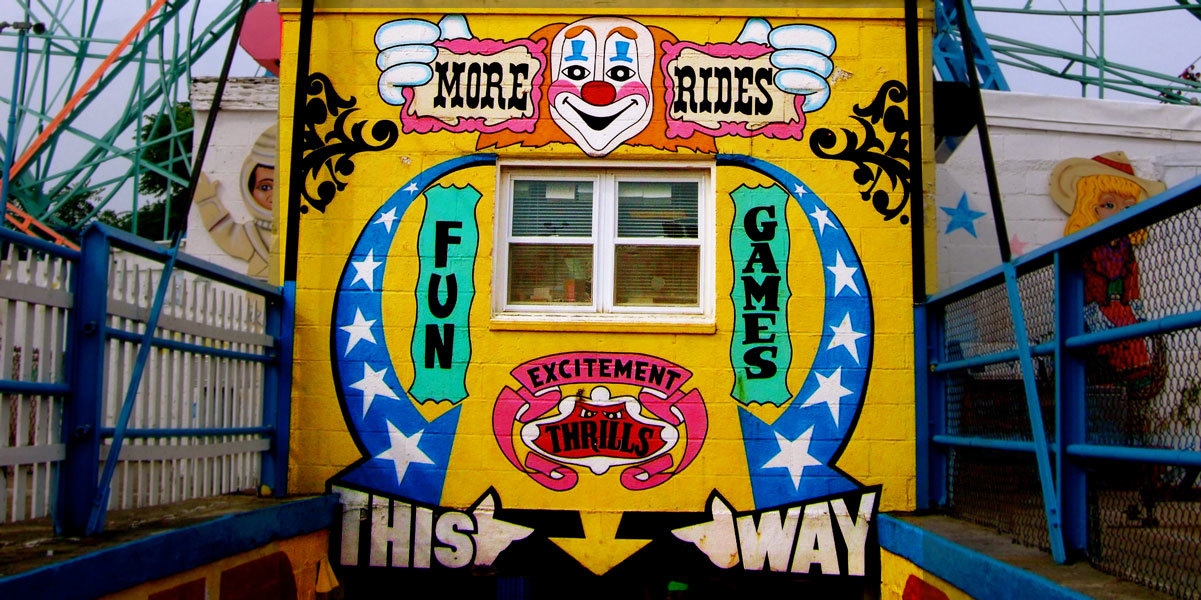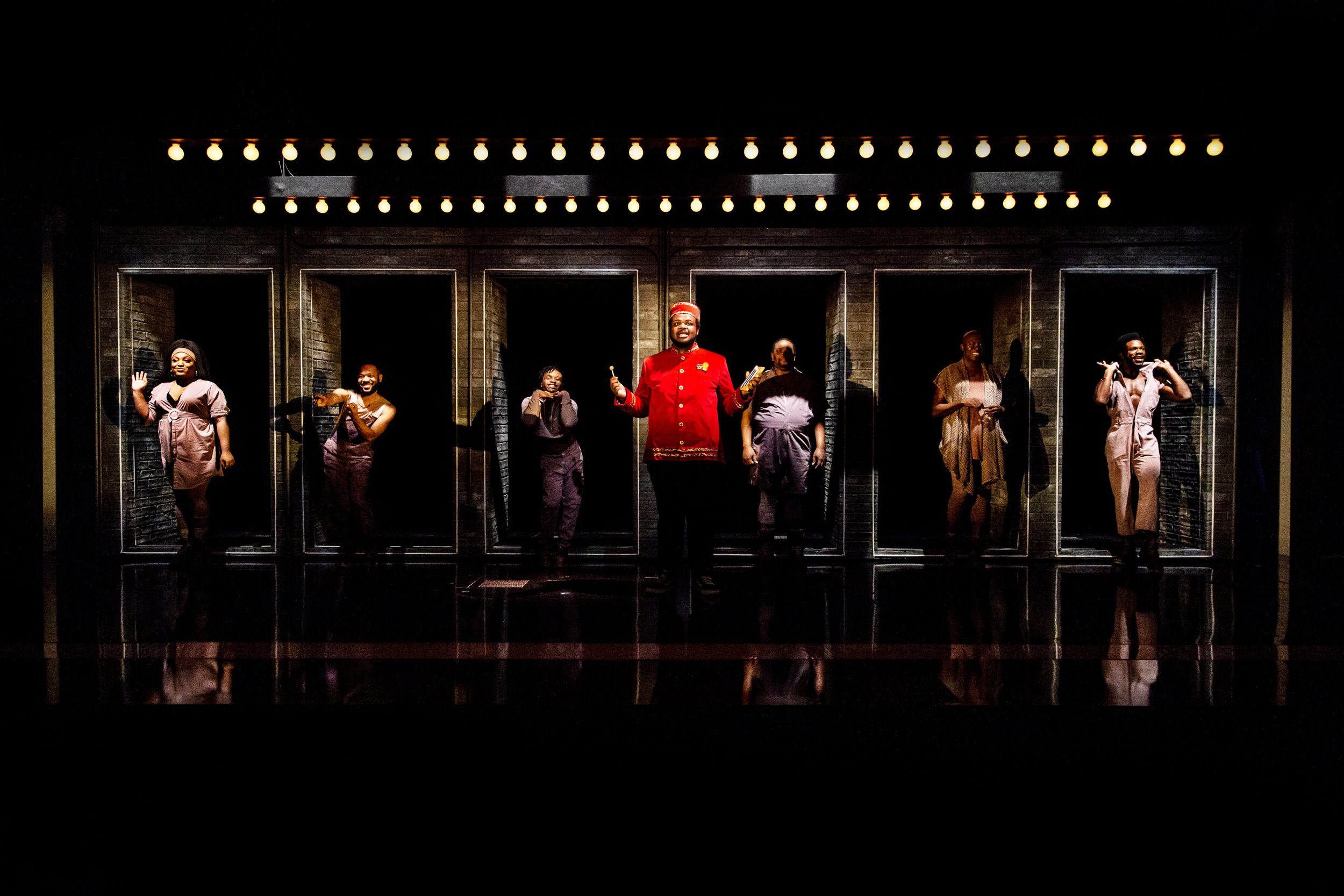Mike Daisey is an artist I've written about more often and in greater detail than only anyone else. He's certainly the artist with to whom I've spent the most time speaking directly. The reviews I've written of his monologues and the features I've reported about how he creates them and editorial I was once moved to write in his defense all reflect my great admiration for his work.
That has not prevented me from condemning him when I think he's deserved it, and he did do something that warranted condemnation, years ago. I will say that in the third year of a Donald J. Trump administration, it seems awfully quaint that so many journalists who had never publicly discussed theatre at all before they lined up to express their outrage at Daisey in the spring of 2012 got so steamed over a guy who tells stories in theaters for a living taking some liberties with one of them.
Anyway, Daisey's wildly ambitious current show A People's History—an 18 part retelling of American history circa 1492-to-now, based heavily on the work of Howard Zinn but also on Daisey's own life—is the subject of my second Washington City Paper cover story about him, available today wherever finer Washington, DC alt-weeklies are given away for free. My 2012 WCP story detailing the problems he created for himself with his show The Agony and the Ecstasy of Steve Jobs, and his effort to remedy them, is here. In fact, all of my writings about Daisey are mere clicks away! How much time do you have?








